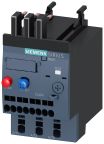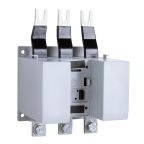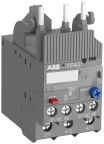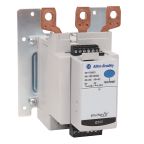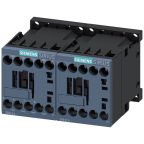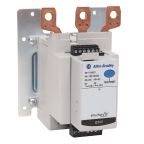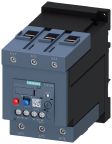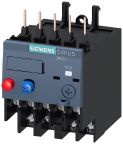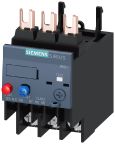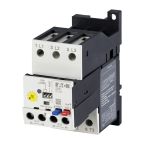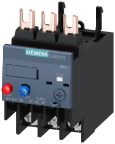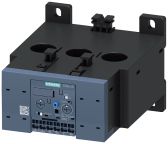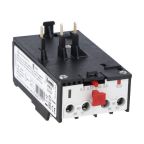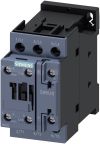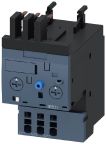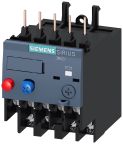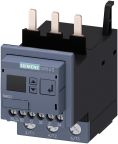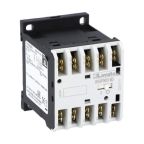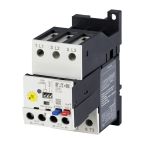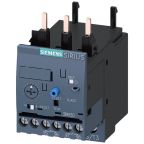Contactor Overload Relays
Contactor overload relays are devices used to protect motors and electrical equipment from overloads. When a motor draws more current than it is designed to handle it causes the temperature to build up resulting in overheating. To prevent damage to the motor and circuit contactor overload relays can be used as part of a motor starter or in a control panel or centre.
RS offer an extensive range of high-quality contactor overload relays from leading industry brands including Schneider Electric, Siemens, ABB, Eaton, Lovato, and Rockwell Automation.
Types of Contactor Overload Relays
T****hermal overload relays utilise a bi-metallic plate located near a heating element. When excessive current is passed through the heating element N/C (Normally Closed) contacts switch over and opens contacts. This interrupts power from flowing to the contactor's control circuit. Thermal overloads usually offer an adjustable current range as well as a manual or automatic reset option.
Electronic overload relays don't have a bi-metallic mechanism, Instead, they work by using components such as temperature sensors to measure the load current. They are generally more accurate than thermal devices and they usually have a wider current range, a selectable trip class provides enhanced trip protection against single phasing against the motor.
RS offer a wide variety of Contactors and Contactor Accessories from leading suppliers such as Eaton, Lovato, Allen Bradley.
